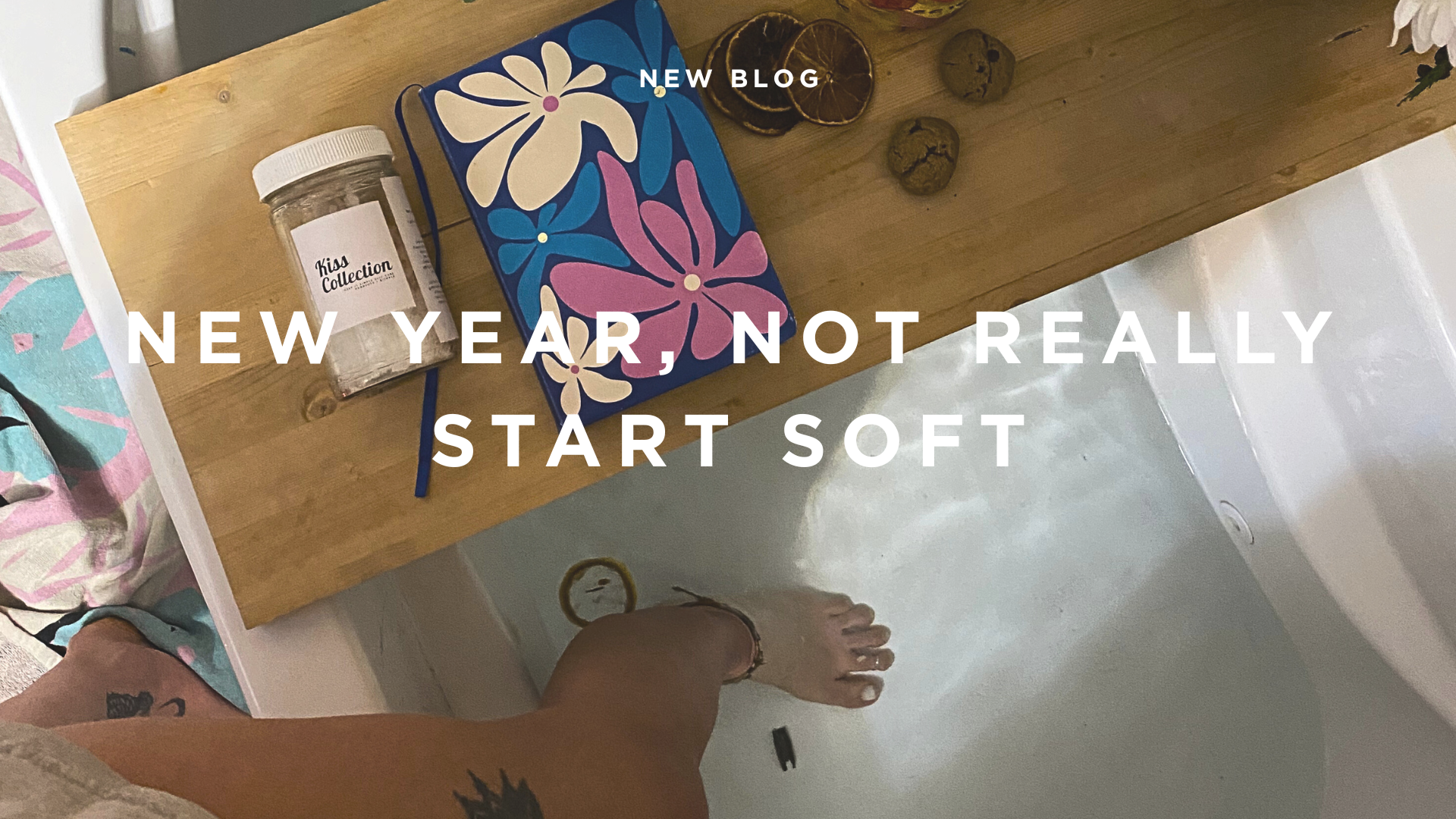Growing Up in the shadOW: Did Life Feel Like Opposite World? It's Time to Flip the OW into OM and Come Home to YourCELLS
1. Image over authenticity: Your family presents a perfect facade to the world, but behind closed doors, they're struggling with mental health issues, relationship problems, and financial stress. You're forced to maintain the illusion, suppressing your true feelings and experiences to protect the family's reputation.
2. Backhanded compliments and subtle jabs: At a family event, your auntie quietly and quickly whispers under her breath that your years of struggling with mental health issues are all in your head, implying that you're exaggerating or fabricating your experiences. This subtle yet hurtful comment leaves you feeling shocked, betrayed, and paralyzed by the doubt and discredit she's casting on your severe struggles.
3. Power dynamics: Parents use emotional manipulation to create a sense of obligation, making you feel responsible for their emotional well-being and happiness. They prioritize their own needs over yours, never allowing you to invest in yourself, your future relationships, or personal endeavors. This dynamic is rooted in their own unhealed childhood wounds, creating a toxic cycle where they fuel off your need for them, rather than supporting your growth and independence.
4. Scapegoating: You're blamed for all the family's problems, and your perceived flaws or mistakes are cited as the cause of all issues. You're made to feel like you're the problem, and your family's dysfunction is somehow your fault. This scapegoating leaves you feeling guilty, ashamed, and uncertain about your own worth.
5. External validation over family bonds: Your family's reputation and social standing are prioritized over building meaningful relationships with each other. You're encouraged to focus on external validation, such as achievements and status, rather than nurturing emotional connections with your family members. This creates a sense of disconnection and isolation, even in the midst of family gatherings.
6. Walking on eggshells: You're constantly tiptoeing around a family member's unpredictable mood swings, never knowing what will trigger an outburst. You're forced to be hypervigilant, adjusting your behavior to avoid conflict, rather than being able to relax and be yourself. This creates a sense of anxiety and tension, making it difficult to feel safe or at ease.
7. Emotional invalidation: Your feelings are consistently dismissed or minimized by family members, who tell you that you're "overreacting" or "too sensitive." You're made to feel like your emotions are invalid or unimportant, leading to confusion, self-doubt, and emotional numbness.
8. Emotional manipulation and exploitation: Family members use guilt, shame, or self-pity to control you and get what they want. They're experts at making you feel responsible for their emotions and well-being, leaving you feeling drained, resentful, and trapped.
9. Toxic competition and comparison: Your family fosters a competitive atmosphere that prioritizes achievement over emotional well-being. You're constantly compared to others, and your worth is measured by your accomplishments. This creates a sense of inadequacy, low self-esteem, and burnout.
10. Attracting similar energies: You find yourself drawn to relationships or friendships that mirror the dysfunctional dynamics of your upbringing. You're attracted to people who are charismatic but emotionally unavailable, leaving you feeling unfulfilled, anxious, or trapped.
11. Avoidance, alteration, and editing narratives: Your family avoids discussing or acknowledging painful or uncomfortable topics, altering or editing their narratives to maintain a false sense of harmony or perfection. This creates a sense of disconnection and confusion, making it difficult to trust your own perceptions or memories.































